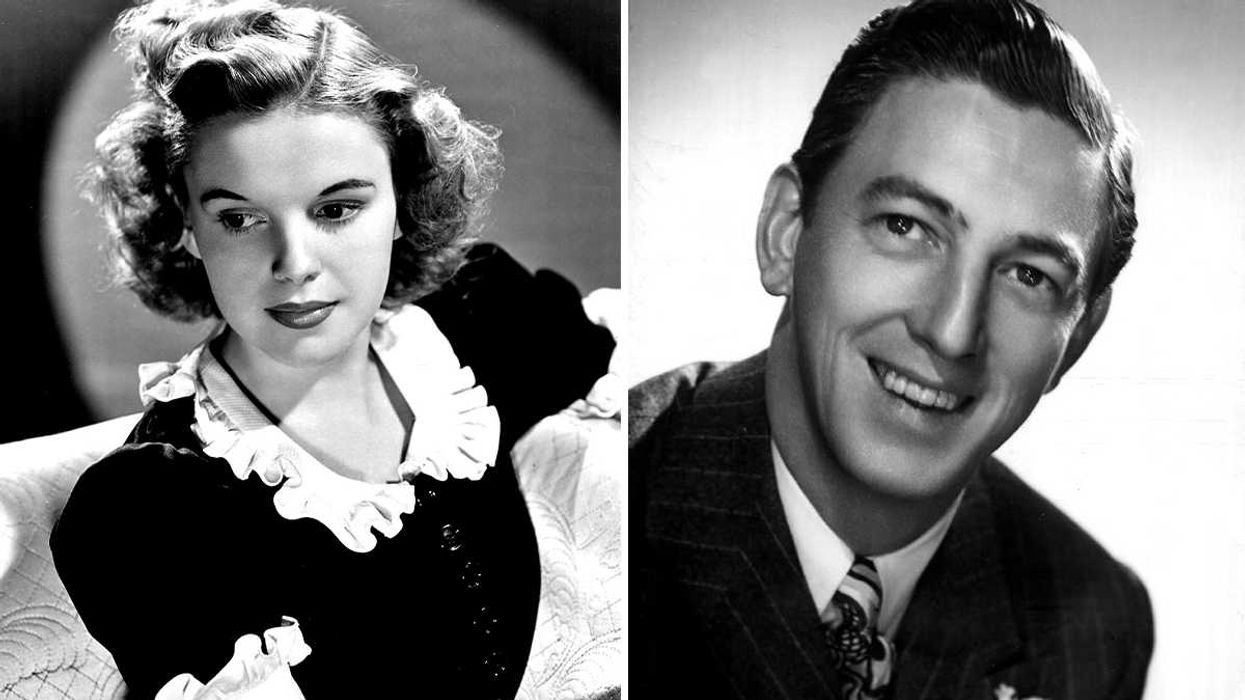While many kids might throw tantrums or resort to antics to get what they want, this girl took a different approach. When she wanted a cat, she didn't pester her parents or throw a fit. Instead, she created a PowerPoint presentation listing thoughtful reasons why she should get a pet, and her effort even impressed Microsoft.

Christopher Doyle, a Toronto resident and Nextdoor's Managing Director in Canada, shared a post on X that read, "Our daughter made a PowerPoint." He included four screenshots showing the slides of the presentation titled "Pros of getting a cat."

In the first slide, the girl outlined several benefits of owning a cat, adding touches of childlike humor that made viewers chuckle. One point humorously noted, "All of my fellow siblings, though their opinions are less important, would love to have a cat."

She also mentioned that having a cat can "lower stress levels" and make a person "happier." Additionally, she pointed out that a cat wouldn't need daily walks, and she would take responsibility for cleaning the litter box and other chores. Plus, she noted, the cat would be adorable.
In the second slide titled, “A cat oh yeah yeah,” the little girl added two illustrations, one of a cat, and one of a hamster. Beneath the cat graphic was a note that read, “If we were to get a cat, I could keep it with me downstairs in my room. Of course, I would let it out of my room but overall I would be in charge of it.” Below the hamster graphic, she typed the text that said she was promised a hamster 5 years ago but never got one, thus, she truly deserves a cat this time. "Just let me have this," she quipped.
The third slide showcased her persuasive skills with the bold headline, “C’mon guys!” Here, she listed three compelling points, explaining that she had been researching pet care for five years and was fully prepared. "It would literally be the happiest day of my life, please," she pleaded.
The fourth slide featured a picture of a cute white cat and a thank you message, urging her parents to consider her appeal. The adorable presentation caught the attention of thousands, who were impressed by her effort.
@richburroughs said, “Get her the cat. She’s going to be a CEO someday and you want to be on her good side.” @archduketyler hilariously stated, “Look, I'm not a cat person, but I'm fairly certain you're legally obligated to get your daughter a cat after that.” @otherliztaylor said that her daughter made a similar presentation a few years ago, and now they have the dog that was requested through the presentation.
Doyle’s post went viral and even caught the attention of Microsoft which left a comment from its official X handle, "A very compelling presentation! She has us convinced." Seeing so much support flood in, his daughter was thrilled and enjoying all the limelight, said the dad.
Doyle thanked people for their attention and support, writing that his family "read through most all the replies, and had a lot of laughs."
In a comment, someone asked Christopher whether he was eventually going to let his daughter have a cat, and he said it was hard to say no at that point. Later, he shared a photo of a cat adoption questionnaire form, informing his followers that he was working on having one. To this, one user, @ThatRachelH, hilariously commented, "I will consider us truly thanked when we see a photo of your new cat."
The following day, his family visited their local pet shelter, but owing to the pandemic, the appointment was available only for the rescue cats, and they had no luck.
Finally, in September 2020, Christopher posted an update saying that they had adopted a cat from a local shelter. “We’ve adopted a rescue kitten and she’s finally home! Our daughter and her three younger siblings have named her Tokyo. They are in love” he described in a tweet.
People were very happy with the update and one user, @shyhooper, commented, "And they lived happily ever after." Doyle also asked his followers to follow the account @tokyopurr on X for updates on their new family kitty.


















 Mushrooms containing psilocybin.Photo credit:
Mushrooms containing psilocybin.Photo credit:  Woman undergoing cancer treatments looks out the window.Photo credit:
Woman undergoing cancer treatments looks out the window.Photo credit:  Friend and patient on a walk.Photo credit:
Friend and patient on a walk.Photo credit: 





